June 10, 2013
Daylight exposure has ‘remarkable’ effect on office workers’ health
The architectural design of office environments should take into consideration how natural daylight exposure contributes to employee wellness say the authors of a new study which observes a strong relationship between workplace daylight exposure and office workers’ health. Compared to workers in offices without windows, those with windows in the workplace received 173 per cent more white light exposure during work hours and slept an average of 46 minutes more per night. Workers without windows reported poorer scores than their counterparts on quality of life measures related to physical problems and vitality, as well as poorer outcomes on measures of overall sleep quality, sleep efficiency, sleep disturbances and daytime dysfunction. (more…)







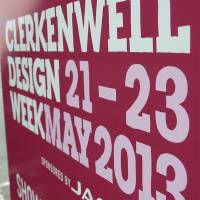
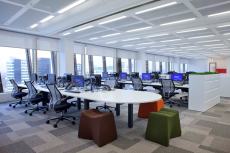
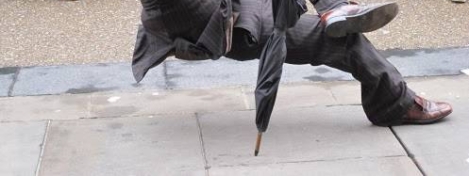
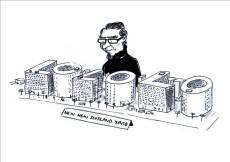
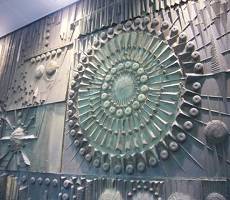











June 12, 2013
Niels Diffrient redefined what we know about ergonomics and office furniture
by Mark Eltringham • Comment, Furniture, Workplace design
(more…)